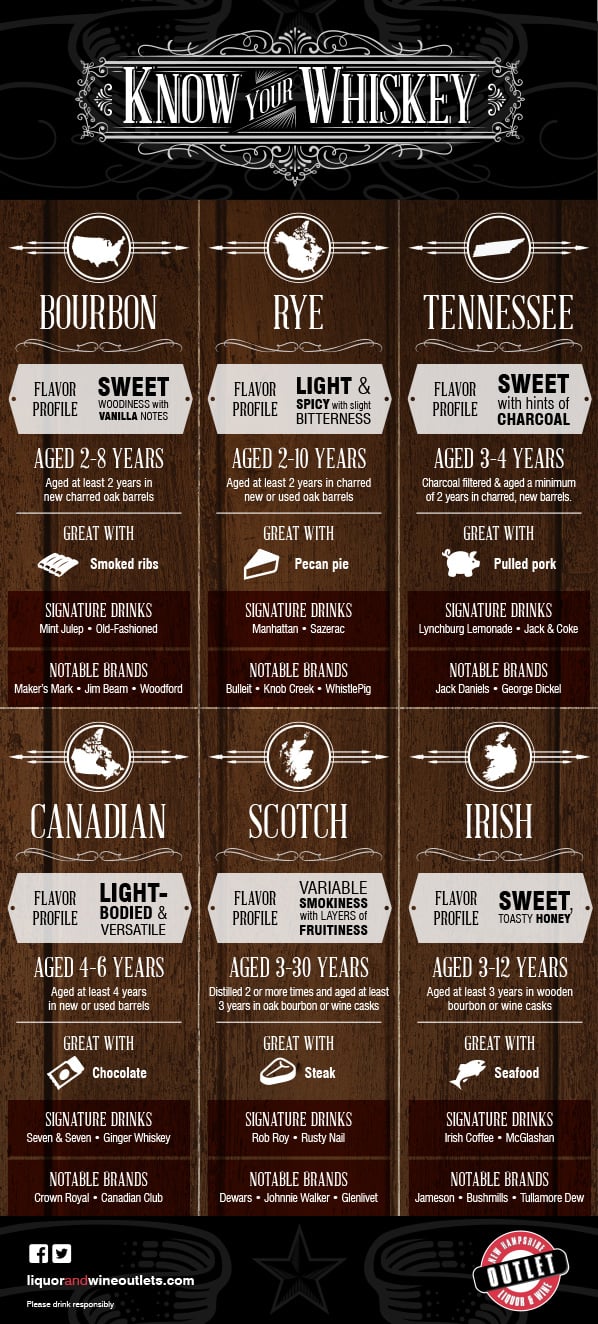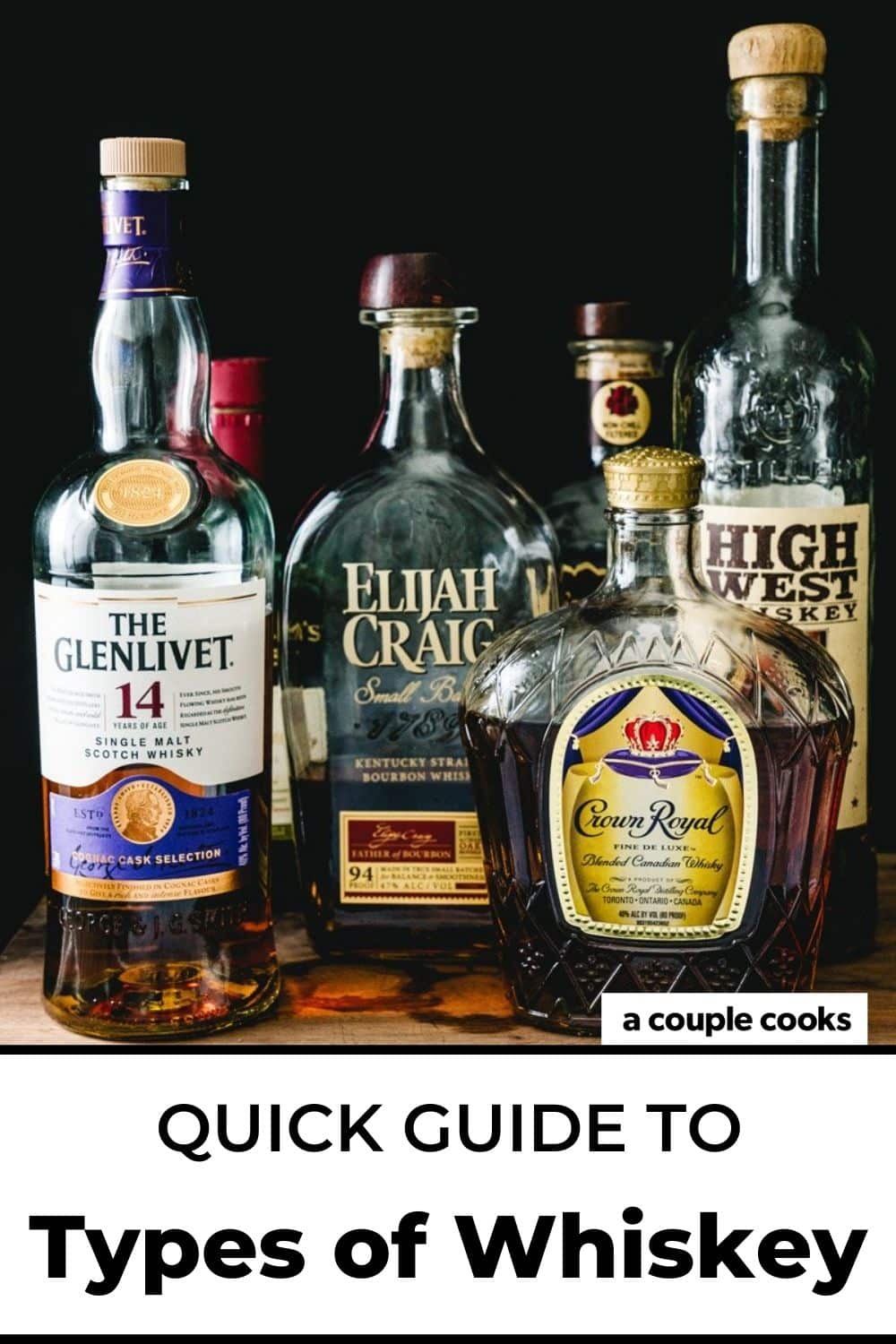

The chosen grain is ground up and put in a mash tub with hot water until they are agitated. When the barley is heated to dry it out, the germination is cut off.ĭuring this step, the sugars in the grain are extracted prior to fermentation. During this process, an enzyme is releases that converts the starches into sugars in the barley. The process of malting is when the barley is moistened and typically is allowed to germinate. Specifically for malt whisky, barley is used this must be specially treated to properly access the sugars. The following process is a general representation of the production of whisky.Īll types of Whisky are started as a raw grain.

However, there are other factors including the country where it is made that affect production of the spirit. Grains that can produce whisky include corn, wheat, barley, malted barley, rye, and malted rye. The general production process of whisky is usually the same across the different styles of whisky being made. However, this is usually in cases of emergency. Some people may use whisky as a substitute to rubbing alcohol, as it can help to disinfect wounds if there is an absence of another disinfectant such as rubbing alcohol. The primary use of whisky is the consumption of it as an alcoholic beverage. Get in touch to find out which bulk whisky/whiskey is right for your business. We have detailed product pages for each type featured in our selection. We are ablet to provide flavours that can range from light and sweet to smoky and spicy. As a whisky supplier, we offer blended tastes that cater to your preference. Each whisky type has certain characteristics that makes it unique in its kind. Malt whisky is made primarily from malted barley, while grain whisky is made from any type of grain. Grains that can produce whisky include corn, wheat, barley, malted barley, rye and malted rye. Whiskies differ in their base product, alcohol content and quality. Whisky is a strictly regulated spirit worldwide with many classes and types. The typical unifying characteristics of the different whisky classes and types are the fermentation of grains, distillation, and ageing in wooden barrels. Whiskey with the “e”, on the other hand, may be produced in Ireland or the US for instance such as bourbon whiskey. This is also Canada’s spelling of whisky. Whisky is spelled without the “e” if it is Scotch whisky, made in Scotland.

Besides ingredients and ageing, the different varieties emerge from different places of production. Whisky or whiskey is a type of distilled alcoholic beverage made from fermented grain mash.
#Types of whiskey iso#
When thinking of a Whisky, there are endless varieties based off ingredients, ageing, and places of production.Īs a whisky supplier, we offer bulk whisky in 24,000-26,000 litre ISO tanks and 1000 litre IBC’s supplied from our warehouses in Europe. Unlike the other whiskies, it is drier and smokier and comes as single malts or blends.If you’re launching anything from Bourbon whiskey to malted rye, our Whisky is a great place to start. Japenese Whiskyĭistilled in Japan, this whiskey uses double malted or peated barley and is aged in wooden casks. The whiskey has a slight fruity and spicy flavour. Rye is a type of grass and member of the wheat family. A mash no less than percent 51% rye is aged in charred barrels for at least two years. Rye whiskey is mainly distilled in North America. Tennessee whiskey is steeped in charcoal before going into the casks for fermentation. The difference between Tennessee and bourbon whiskey is down to the method of filtering. Tennessee whiskey (as the name suggests) is distilled in Tennessee in the United States. A slightly sweet tasting whiskey, bourbon is slightly smoky and has a reddish colour due to fermentation in charred oak casks. Bourbon is distilled in America, primarily made from corn it is stored in charred oak casks and contains no additives.


 0 kommentar(er)
0 kommentar(er)
